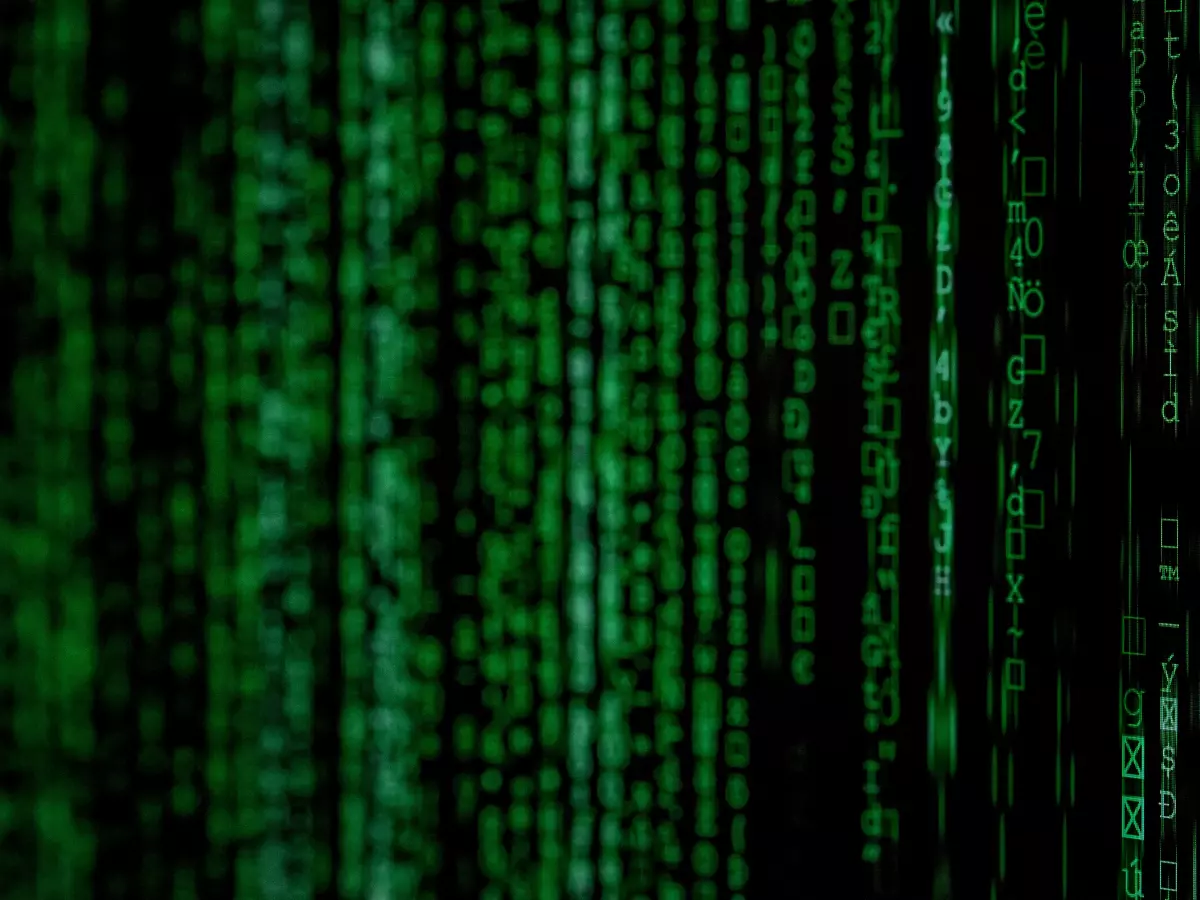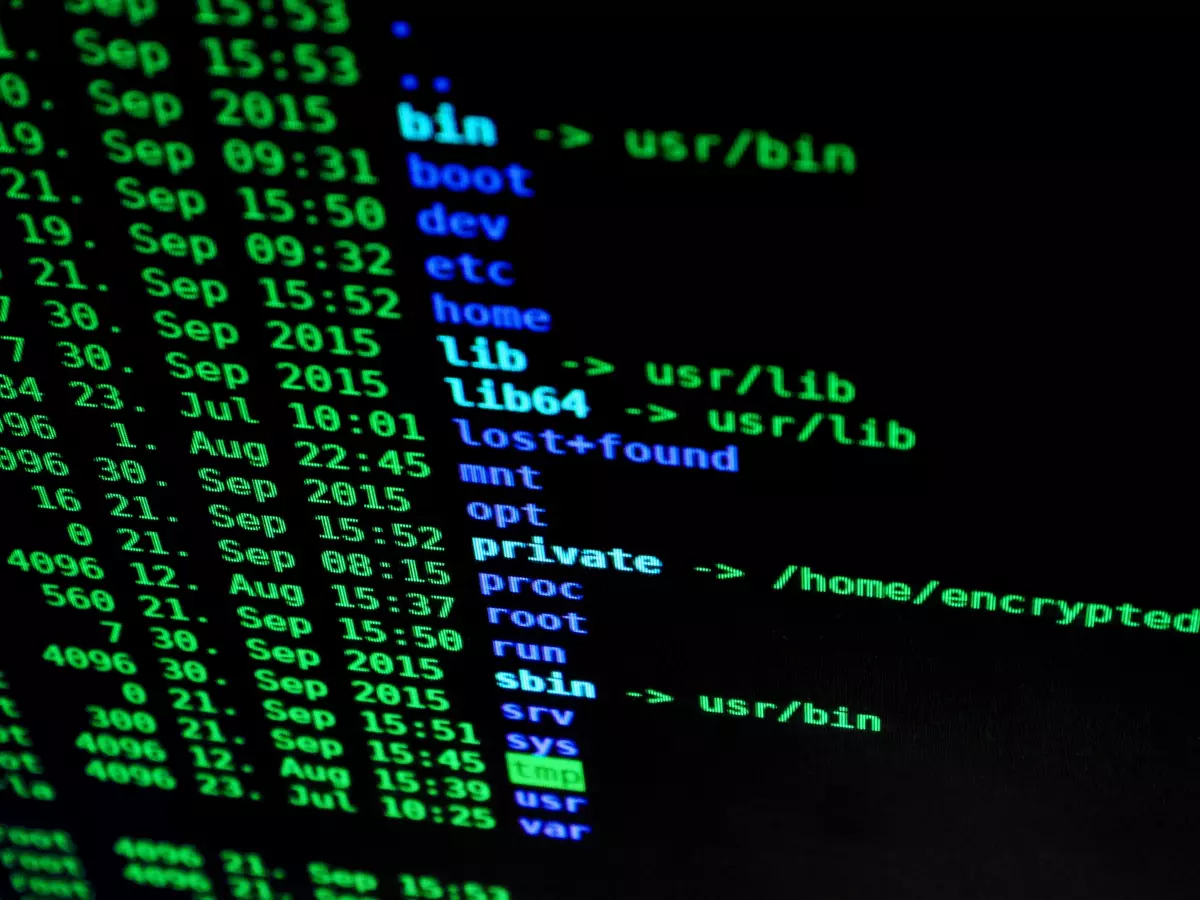War's New Players
“Whoever controls the data, controls the future.” – Elon Musk

By Tomás Oliveira
Elon Musk’s quote might sound like something straight out of a sci-fi movie, but in today’s world, it’s not far from the truth. The battlefield is no longer just about tanks, missiles, and soldiers. It’s about data, satellites, and algorithms. And guess who’s controlling that? Not governments, but tech giants like SpaceX, Microsoft, and Google. These companies are quietly reshaping the future of war, and it’s time we take notice.
Let’s take a step back to 2022, when Russia invaded Ukraine. Amidst the chaos, much of Ukraine’s telecom infrastructure was obliterated. Enter Elon Musk, who swooped in with 20,000 Starlink satellite terminals, providing crucial internet access. But this wasn’t just about keeping civilians connected to their TikTok accounts. These satellites were used for military operations, from navigating drones to launching artillery. According to Fast Company, Musk became a key player in the war, with his private company essentially deciding the fate of military operations. And that’s just the beginning.
The Rise of Defense Tech
SpaceX isn’t the only tech company getting its hands dirty in the warzone. Silicon Valley has a new darling: defense tech. Startups like Anduril and Shield AI are raking in billions, developing cutting-edge military technologies. Commercial satellite imaging companies like Maxar are helping journalists and investigators track Russian troop movements and even identify mass graves. And Microsoft? They’ve been busy taking down Russian malware targeting Ukrainian government systems. It’s clear that tech companies are no longer just bystanders—they’re active participants in modern warfare.
But here’s the kicker: these companies aren’t bound by the same rules as governments. They’re private entities, not signatories to international treaties or conventions. While governments are held accountable by international law, tech companies operate in a legal gray area. Sure, they have to report revenue and pay taxes, but there’s no international law dictating how or when they can engage in military conflicts. This raises a whole lot of questions about sovereignty and accountability.
Blurring the Lines
State sovereignty has always been a cornerstone of international relations. After World War II, countries signed the UN Charter, agreeing to uphold certain standards, including the use of military force. But what happens when private companies start wielding military power? The lines between state and corporate power are becoming increasingly blurred. Tech companies now have access to data, insights, and decision-making power that were once the exclusive domain of governments.
Take Google, for example. Their Threat Analysis Group has been busy shutting down phishing operations targeting high-level officials and journalists. Microsoft is taking down state-sponsored malware across the globe. These companies are essentially acting as cyber police, but without the same checks and balances that governments are subject to. And while they may be on the “right side” of history today, who’s to say they’ll stay there in the next conflict?
Cyberwarfare: The New Frontier
While traditional warfare is governed by clear rules and conventions, cyberwarfare is a whole different beast. The rules are murky at best. When Russia launched a series of cyberattacks on Ukraine’s civilian infrastructure in 2022, it wasn’t immediately clear whether these attacks constituted an act of war. Even though these cyberattacks were destructive, many experts still argue that the real war didn’t begin until Russian troops physically crossed the border.
Cyberattacks are becoming a key part of hybrid warfare, where the lines between war and peace are increasingly blurred. And tech companies are playing a critical role in this new digital battlefield. Microsoft, for instance, referred to Russia’s cyberattacks as “destructive and relentless.” But here’s the thing: while companies like Microsoft can identify and even mitigate these attacks, they don’t have the power to hold the perpetrators accountable. That’s the job of governments, and unfortunately, many democratic nations are hesitant to publicly blame cyberattackers, often due to political considerations.
The Accountability Gap
This brings us to one of the biggest challenges in modern warfare: accountability. In traditional warfare, when a country violates international law, there are mechanisms in place to hold them accountable. But in the world of cyberwarfare, things aren’t so clear-cut. Attribution—publicly identifying the perpetrators of a cyberattack—is the first step toward accountability. But while private companies are often ahead of governments when it comes to identifying cyber threats, they lack the authority to punish the attackers.
Public attribution, on the other hand, is far more powerful. When a government publicly blames another country for a cyberattack, it can lead to sanctions, prosecutions, or even military action. But here’s the problem: many democratic governments are reluctant to take this step. They lack the political will to publicly call out cyberattackers, leaving an accountability gap that allows malicious actors to operate with impunity.
What’s Next?
So, where do we go from here? The laws governing warfare need to be updated for the digital age. As cyberattacks become more frequent and more destructive, we need clear rules and accountability mechanisms to ensure that both governments and private companies are held responsible for their actions. Democracies, in particular, need to take the lead in creating these mechanisms, even if it means limiting their own strategic options in cyberspace.
The reality is that tech companies are already playing a critical role in modern warfare, whether we like it or not. They’re building the platforms, scanning for risks, and defending networks. But without proper oversight and accountability, we’re heading into dangerous territory. As the lines between state and corporate power continue to blur, it’s more important than ever to ensure that the rule of law applies in cyberspace, just as it does in the physical world.
The future of warfare is here, and it’s digital. The question is: are we ready for it?





